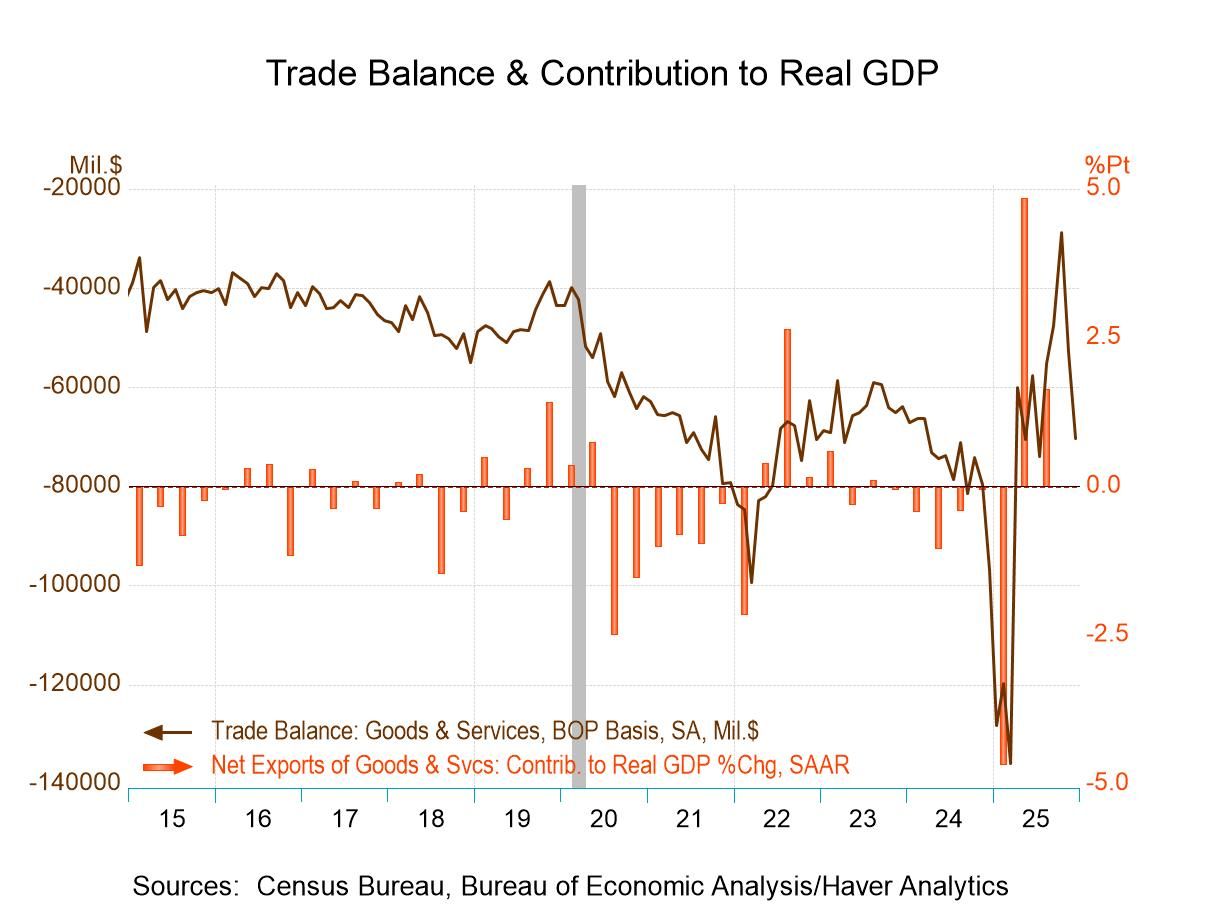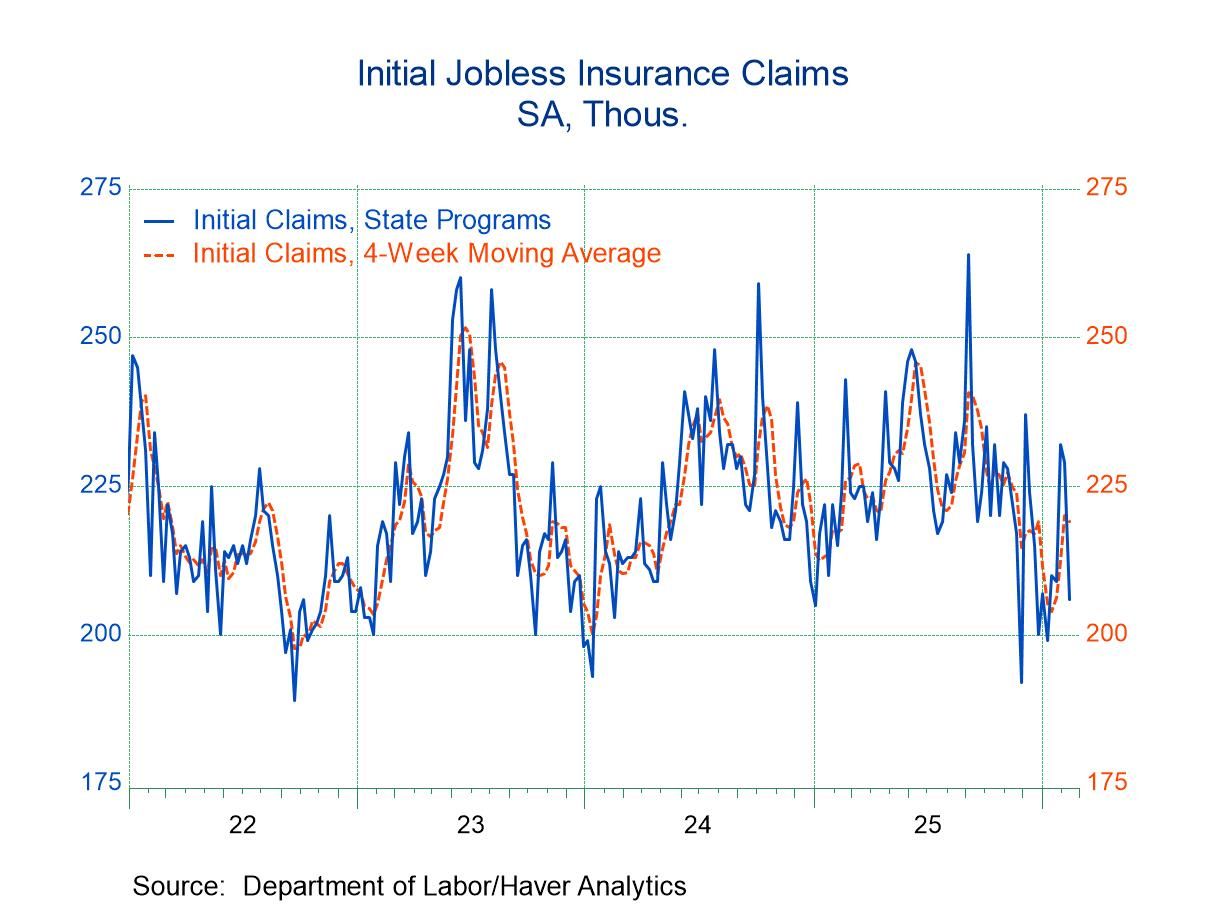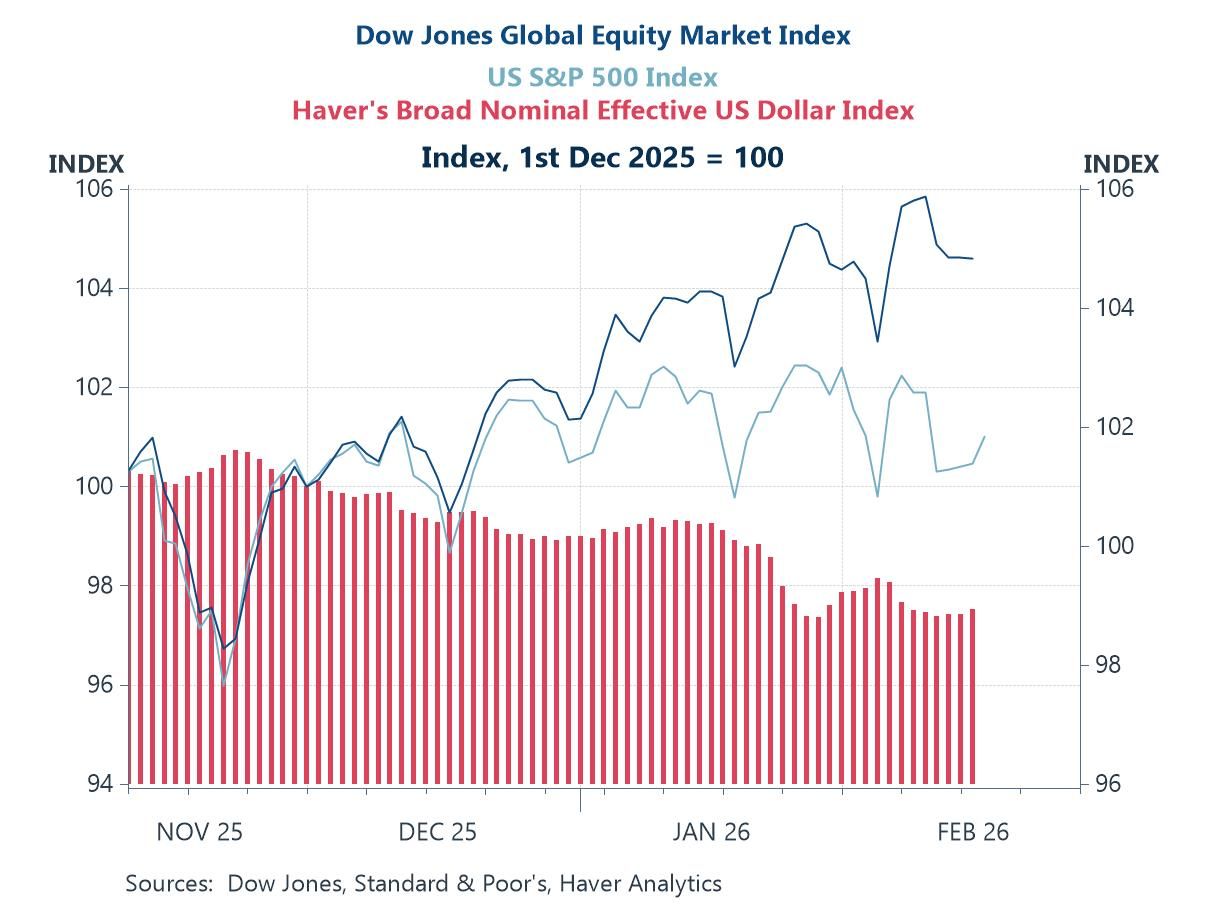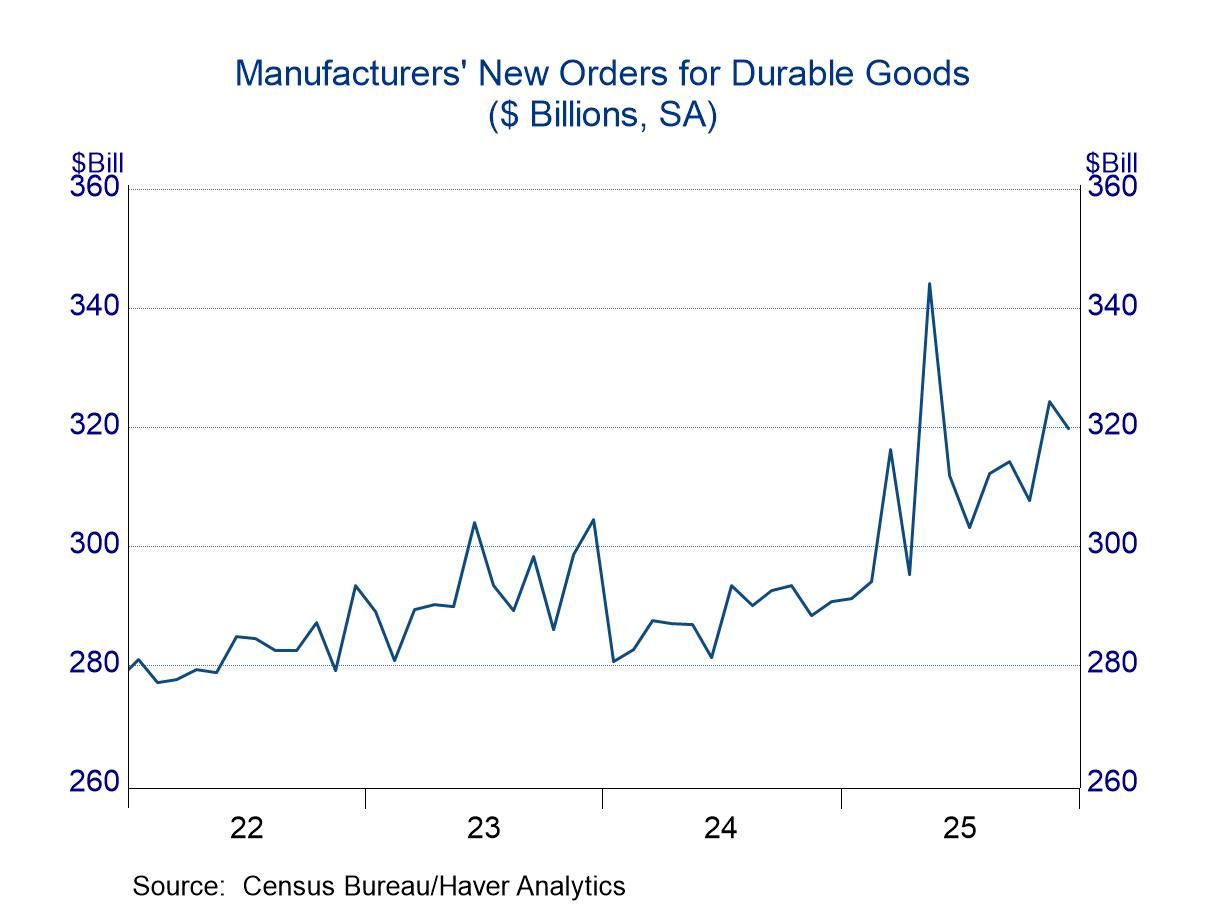 Asia| Feb 19 2024
Asia| Feb 19 2024Economic Letter From Asia: Matters at Hand
In this week's letter, we review some recent developments in Asia. Starting with Japan, we examine the implications of its underwhelming Q4 GDP result while noting the recent further weakening of the yen. Shifting next to China, we discuss its strong domestic tourism numbers during the Chinese New Year holidays and examine recent equity market movements. Next, we turn our attention to Indonesia’s recent general elections, noting the generally positive reactions observed in domestic markets so far. Lastly, we look at the Philippines, giving a nod to its latest interest rate decision and acknowledging the latest progress on disinflation.
Japan and the yen Japan encountered an unforeseen dip in its real GDP, with a decline of 0.1% q/q in Q4 2023. This marked the second consecutive quarter of contraction, signifying a technical recession. The downturn can be partially attributed to ongoing weaknesses in private consumption, though the negative impact was somewhat mitigated by net exports. Despite this, the economy still achieved an annual growth of 1%, although this was lower than the 1.7% growth observed in Q3. Japan’s disappointing Q4 performance, coupled with a much weaker yen, led to the economy’s displacement by Germany as the world’s third largest (chart 1). Previously, Japan’s economy was second only to the United States, until it was overtaken by China’s in 2010.
Chart 1: Japan vs. Germany Nominal US Dollar GDP

The yen continued to weaken over the past week as markets continued to remove expectations of imminent and aggressive tightening by the Bank of Japan. The weakening yen, likely fueled in part by Japan’s disappointing Q4 results, contributed to the USD/JPY exchange rate’s rise above the heavily-watched 150 level (chart 2). Meanwhile, Japanese equities continued to rally, with the TOPIX index having charted fresh highs to clock year-to-date price returns of about 10% by mid-February.
Chart 2: Japanese equities and the yen

Chinese New Year holidays Chinese markets were closed last week in observance of Chinese New Year celebrations. Prior to the holidays, the Shanghai-Shenzhen 300 index (CSI 300) staged a brief rally of about 8%, with modest post-holiday gains seen on Monday. Despite these recent gains, market sentiment remains prone to bouts of pessimism as China grapples with structural issues pertaining to growth and its property market, among others. Additionally, the CSI 300, despite its recent price climbs, remains entrenched within its broader downtrend. Furthermore, the recent news of MSCI’s imminent removal of 66 companies from the MSCI China index may spur renewed selling pressure. Amidst the ongoing barrage of negative news, there remains much uncertainty regarding whether the recent trend of equity losses materializing in March can be reversed this year (chart 3).
Chart 3: MSCI China IMI USD monthly total returns

Beyond the pessimism, however, we have seen recent developments that could generate some positive economic surprises relating to China (chart 4). Domestic tourist trips within China reached 474 million during the eight-day Chinese New Year holidays, up 34.3% from a year ago. Furthermore, tourism spending surged as well, by 47.3%, to surpass pre-pandemic levels by 7.7%. While the strong holiday showing would likely add favourably to China’s February and Q1 growth readings, the question now relates to whether such spending momentum can be sustained.
Chart 4: Economic Surprise in China and the Yuan

Indonesia elections Indonesia held general elections last week, with unofficial vote counts suggesting that Minister of Defense Prabowo Subianto is likely to become the country’s next President. Initial results also indicate that Gibran Rakabuming Raka, son of current President Joko Widodo, popularly known as "Jokowi", will be the vice-president. Official results are expected by March 20. Before joining the cabinet as the Minister of Defense in 2019, Prabowo had contested against Jokowi twice for the presidency but was unsuccessful. Initial market reactions to the preliminary elections results have been mostly favourable. Specifically, Indonesian equities rallied while the rupiah appreciated (chart 5) following hints at Prabowo’s victory, which is seen by some as indicative of policy continuity.
Chart 5: Indonesian equities and the rupiah

Philippines interest rate decision In the Philippines, the central bank (BSP) maintained its policy rate unchanged at 6.5% as widely expected, citing lingering upside inflation risks. Nonetheless, BSP revised its “risk-adjusted” inflation forecast for 2024 down from 4.2% to 3.9%, which has fallen to within the central bank’s inflation target range of 2-4%. For context, BSP started providing forecasts for its “risk-adjusted” measure of inflation, which incorporates its estimates of inflation risks, following its off-cycle meeting in October 2023. Equally encouraging are the Philippines’ recent actual inflation readings, which indicate increasingly notable progress on disinflation. Specifically, headline inflation in the Philippines fell to 2.8% y/y in January, from 3.9%, while core inflation slipped to 3.4%.
Chart 6: Philippines inflation and policy rate

Tian Yong Woon
AuthorMore in Author Profile »Tian Yong joined Haver Analytics as an Economist in 2023. Previously, Tian Yong worked as an Economist with Deutsche Bank, covering Emerging Asian economies while also writing on thematic issues within the broader Asia region. Prior to his work with Deutsche Bank, he worked as an Economic Analyst with the International Monetary Fund, where he contributed to Article IV consultations with Singapore and Malaysia, and to the regular surveillance of financial stability issues in the Asia Pacific region.
Tian Yong holds a Master of Science in Quantitative Finance from the Singapore Management University, and a Bachelor of Science in Banking and Finance from the University of London.






